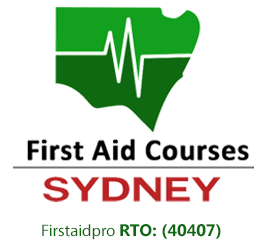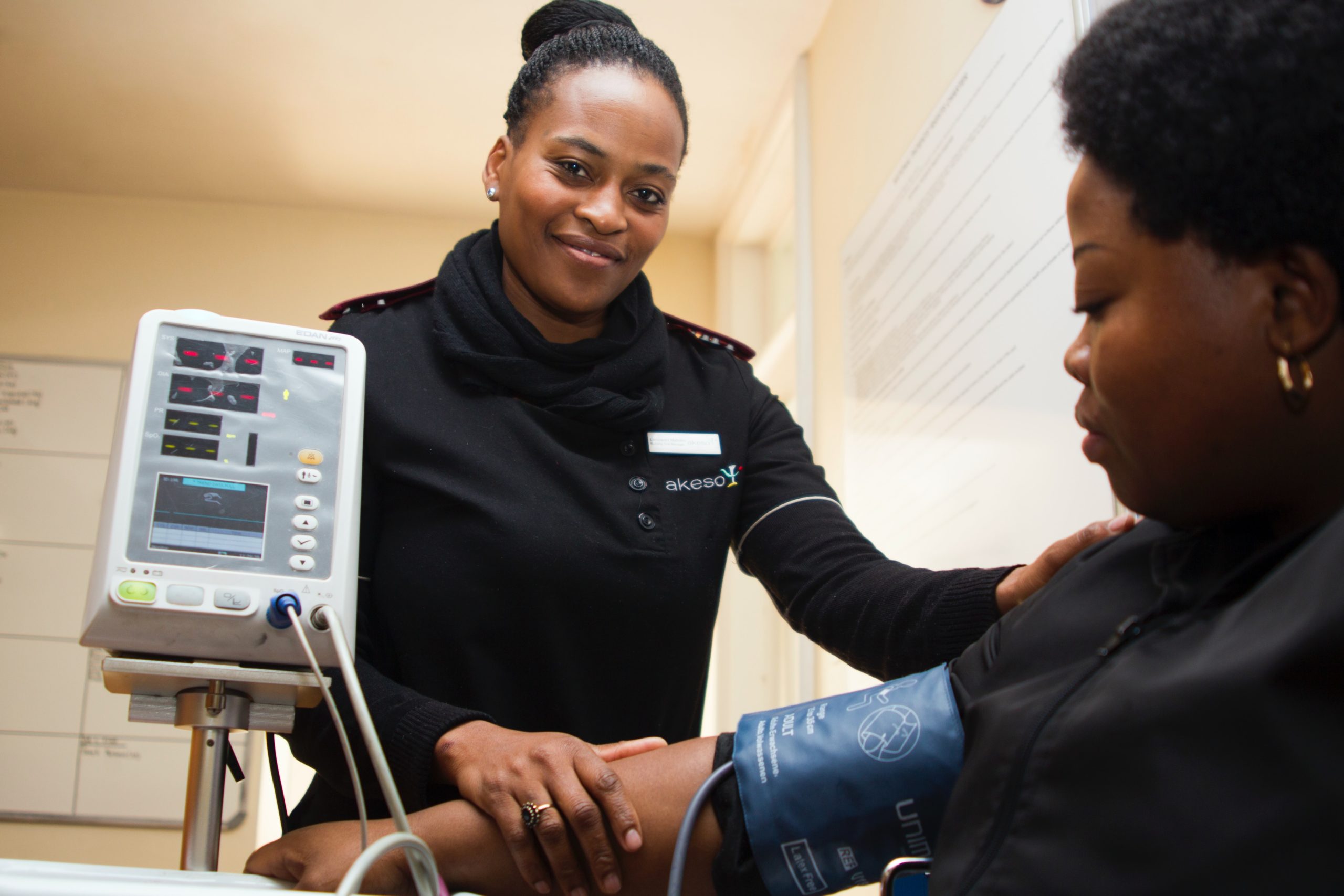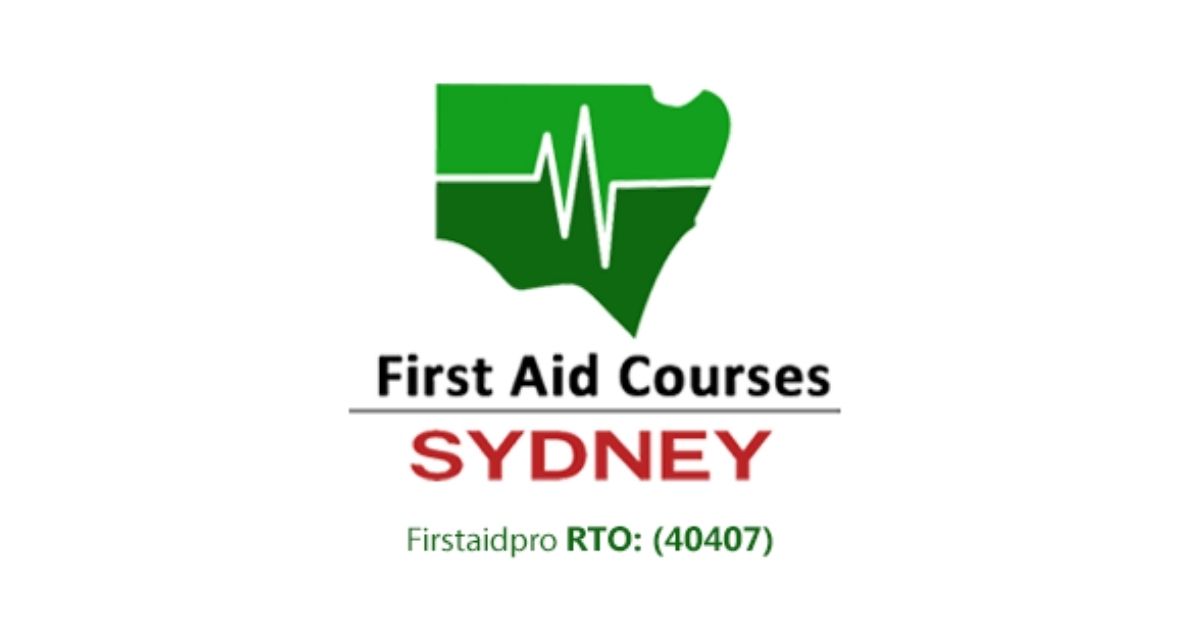All too often, illness or injuries happen out of the blue. We experience falling by stairs, have a swollen ankle, or suffer from a high fever. All the situations may cause uncertainty were to go for care, especially if the symptoms become severe. While the answer is not always simple, knowing when to seek urgent care and emergency care could save your life in an emergency.
What is Considered an Emergency?
An emergency refers to any condition that can permanently impair or endanger life. Sudden cardiac arrest, heart attack, and serious head injury are some of the major life-threatening injuries. However, even minor injuries can be painful and develop into something more serious, especially if they occur on sensitive parts of the body.
With that said, certain illnesses or injuries demand urgent care to prevent loss of function or loss of life. If you suffer from any of the following emergencies, seek urgent care right away.
Concussion and Head Injuries
Severe concussion and injury to the head can result in life-threatening bleeding and swelling. For this reason, concussions and head injuries demand quick attention when the person starts to exhibit specific symptoms. Signs and symptoms of concussion include vomiting, severe or developing headaches, seizures, convulsions, and slurred speech. The person may also experience sudden confusion, agitation, and a feeling of restlessness. On top of that, they may have trouble walking, show weakness, or decrease in coordination.
Without prompt or urgent care, concussion and head injuries can lead to permanent disability and death.
Hand Injuries
Seek immediate medical care if your hand injury results in numbness, loss of strength or motion, and obvious deformity. It is also a warning sign if the injury involves heavy bleeding, exposure of tendons and bones, and if you are experiencing severe pain.
Getting urgent care can prevent a severe hand injury from becoming paralyzed or immobile.
Eye Injuries
The eyes are one of the sensitive areas of the body, which makes eye injuries very disturbing. With that said, it is essential to seek urgent care if you experience bright, dark, or cloudy areas in your vision. These could be signs of a detached retina or other serious medical problem.
Severe Burns
Although they can be very painful, minor and first-degree burns, they typically do not professional medical assistance. However, this can cause permanent tissue damage, which is why severe burns demand quick attention. Seek urgent medical treatment if the burn occurs on sensitive areas of the body such as ears, feet, hands, genitals, eyes, or major joints.
Lacerations
Deep cuts and puncture wounds can result in severe bleeding and nerve damage. Timely medical intervention is needed to stop the bleeding, restore appearance, and preserve the function of the wounded area. Seek urgent care if the cut or wound introduces any foreign materials into the body.
Seek Urgent Care for Other Injuries
Even minor symptoms can be signs of a much more serious problem, especially in children or older adults who have a weak immune system. If you experience any of the following symptoms following an injury, immediate medical care is necessary.
- Wheezing or persistent shortness of breath
- Persistent chest pain or angina
- Fainting or loss of consciousness
- Severe pain in areas of the body
- Paralysis or weakness
- Confusion, or having an altered mental status or
- Difficulty speaking (slurred speech)
- Severe headache
- Heart palpitations
- Testicular swelling or pain
- Intestinal bleeding
- Vision problems (blurred/cloudy, too dark or too bright)
- Dislocated joints or broken bones
- Uncontrolled bleeding
- Repeated vomiting
- Severe burns (second and third-degree burns
- Seizures
Call Triple Zero (000) immediately for any medical problem that appears life-threatening. Perform life-saving first aid assistance while waiting for emergency services to arrive.
Conclusion
Each year in Australia, there are around 11.1 million visits and admissions to the emergency room. It is not surprising that these departments are often busy and occupied.
In some cases, knowing some basic first aid tips could save you a visit to a hospital and emergency room altogether. You can stop a minor injury from becoming a major problem by knowing when to seek urgent care.
Not familiar with first aid steps when you sustain a minor injury? You are in the right place!
Read on our blogs to find out the best ways to a wide range of injuries at home and when you should seek medical assistance. Book your first aid training with us today!







